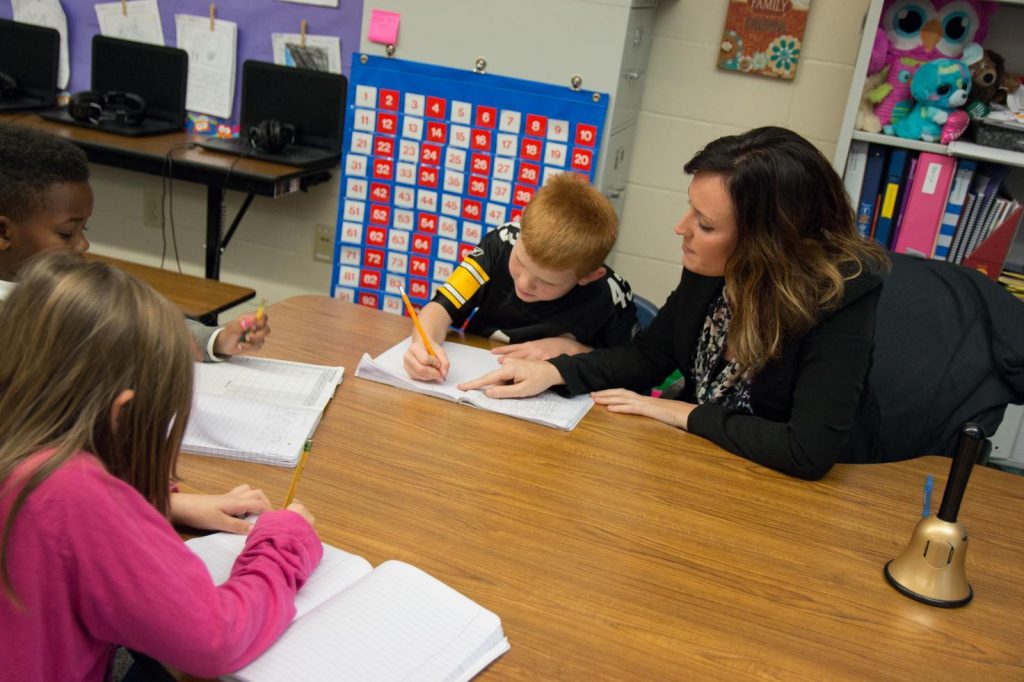Making literacy programs work
 According to the 2019 Reading Report Card by the National Assessment of Education Progress (NAEP), the average reading score has dropped since 2017. 65 percent of fourth- and eighth-grade students perform below the NAEP Proficient achievement level.
According to the 2019 Reading Report Card by the National Assessment of Education Progress (NAEP), the average reading score has dropped since 2017. 65 percent of fourth- and eighth-grade students perform below the NAEP Proficient achievement level.
The NAEP defines its proficient level as a “solid academic performance” where students “have demonstrated competency over challenging subject matter, including subject-matter knowledge, application of such knowledge to real-world situations, and analytical skills appropriate to the subject matter.”
Over the years, many literacy programs have been developed to help educators tackle literacy and improve student reading, writing and communication skills. However, implementing a literacy program does not always lead to improved student performance and there are several reasons as to why.
Mike Schmoker, an author, speaker, and education consultant, unpacks some of the challenges with literacy programs in his recent Education Week article. Over the span of his career, Schmoker has encountered multiple prominent literacy and curricular programs. Yet, he often found them to be inadequate. “Low-level worksheets and excessive skills instruction, leaving little time for reading, discussion, and writing,” were among the critical issues, explains Schmoker. Also, oftentimes program content and assessments did not align with learning objectives — rendering the program ineffective. In these situations, teachers are left to supplement program gaps.
How can educators ensure that their literacy programs result in reading improvement?
According to Dr. Courtneay Kelly, a literacy specialist and an education professor, ensuring that students will improve their reading skills begins with an informed decision regarding which literacy program they should implement. It is therefore imperative that teachers and administrators evaluate the pros and cons of available options with respect to the specific needs of their students. While commercially available literacy programs offer a wide range of instructional materials, Dr. Kelly believes that the success of a literacy program ultimately comes down to effective teaching — rather than the program itself.
According to Dr. Kelly, educators should consider these key questions before choosing a literacy program:
- “What are my students’ specific needs in reading, writing, vocabulary, and word knowledge?”
- “What do their literacy assessments tell me in terms of their strengths and weaknesses and how can I use these materials to meet my students’ needs and enhance their strengths?”
Lastly, a critical point that Dr. Kelly makes is that no literacy program is perfect. However, there are programs that offer quality instructional materials that, when appropriately incorporated into literacy instruction, can result in successful outcomes.
William Woods University now offers Online Masters of Education (MEd) in Reading Instruction, a program designed especially for current K-12 teachers who desire to develop extensive skills in the area of effective reading instruction. Students pursuing this program will become literacy experts equipped to effectively support literacy instruction for elementary, middle and high school students.

